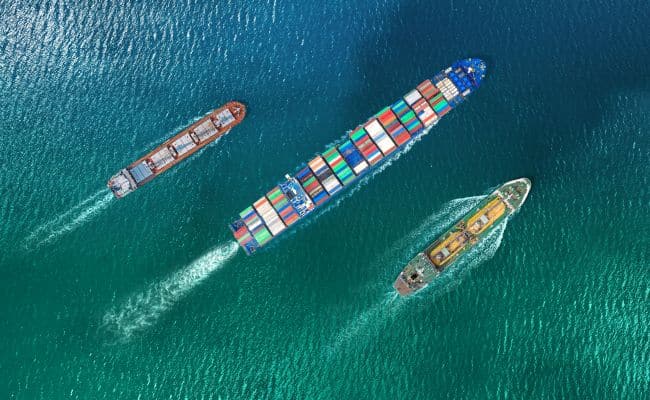
[ad_1]

A consortium led by ABS, along with CE Delft and Arcsilea is to perform six studies on alternative fuels and decarbonization technologies for the European Maritime Safety Agency (EMSA).
It’s a four-year project to study key aspects of the decarbonization of shipping, including biofuels, ammonia, hydrogen, wind-assisted propulsion, air lubrication and other promising technologies. The initiative is part of EMSA’s mission to provide technical assistance to the EU Commission and member states in the promotion of sustainable shipping and support the shift to low- and zero-carbon operations.
“This will be a monumental study that will provide an unprecedented degree of guidance and clarity with regards to the maritime application of alternative fuels and energy-saving devices,” said Georgios Plevrakis, ABS Director, Global Sustainability. “ABS understands that no one company has the solution to shipping’s decarbonization challenge and only by working together will the industry meet our sustainability ambitions. That is why we are engaged in projects all over the world with leading industry players to develop practical solutions and support their safe adoption by the industry. We are proud to work with CE Delft and Arcsilea in this important series of studies.”

Representation Image – Credits: dnvgl.com
“It is important for regulators and shipping companies alike to understand the sustainability, availability and economics of the emerging fuel options. CE Delft is proud to contribute to these comprehensive studies,” said Anouk van Grinsven, CE Delft Director, Sustainable Transport Fuels.
“The alternative fuel and propulsion landscape is changing rapidly, and Arcsilea is pleased to be able to contribute to ensuring that the regulatory framework keeps pace with developments,” said Edwin Pang, Arcsilea Founder.
The studies will analyze the industry’s use of each fuel or power technology, including availability, life-cycle emission characteristics and economic aspects. Project partners will also review the current regulatory framework, identify any gaps and include safety assessments for the application of each fuel and power source to cargo as well as passenger vessels.
Reference: ABS
EMSA Consortium Studying Alternative Fuels And Technologies appeared first on Marine Insight – The Maritime Industry Guide
[ad_2]
This article has been posted as is from Source